1. Give me a brief background on yourself and No Limit Baby.
As a board certified pediatric dentist who served mainly underserved communities for many years, I built relationships with a lot of children and families. As I have always cared about the child attached to the teeth and not just the teeth attached to the child, I started paying attention to things that were not taught in dental school. I started to notice that a lot of children had asthma, allergies, gut issues, and their teeth were almost always crowded. Furthermore, it really bothered me that braces didn't permanently resolve the problem. In fact, they didn't address the root cause of the problem. Also, I noticed that children were breathing through their mouths all day, parents complained of poor sleep all the time, teachers expressed behavior or attention concerns in the classroom, and so many of these kids were on medications already. Growing up with a single parent mother who was always focused on prevention and being proactive instead of reactive, I wanted to find answers. There had to be a reason that I was seeing this all the time. I'm leaving out a lot of details, many include my own health struggles, but here are a few things that turned a corner for me.
I read this article and watched this video.
I had no idea how mouth breathing negatively impacted our bodies. And it became clear to me that there is a link between how we breathe and sleep and our oral health. So, once I discovered that I personally struggled with the effects of a tongue tie that went undiagnosed, I became passionate to help others. I studied for years to fully understand the ins and outs of what is really happening. I had to also take time to accept that the health education system doesn't know how to teach us these things. The book Breath by James Nestor connected the dots for many people across the country, and I received a lot of phone calls and emails from people looking for help.
I posted on Instagram my personal story and it led to many opportunities to speak on podcasts about how seemingly insignificant actions (like how we breathe, chew, swallow, sit, talk, talk, stand, and sleep) can have huge effects on our overall well-being. Here is the Instagram post.
And after studying and learning from the best minds in the world about ideal health, mouth breathing and sleep, I started No Limit Baby. Because every baby deserves to breathe, feed, and sleep without limits and I wanted to help parents put a plan in place to have a healthier baby.
2. How and why did you start No Limit Baby?
After studying with The Breathe Institute in 2018, I realized that everyone locally had this thing all wrong. When a baby shows signs of struggle, it's better to address the behavioral aspects first for long-term success. I heard too many stories and saw too many children who had tongue ties repaired but still had a lot of symptoms. And, I wanted to know why. So many parents didn't know about why they even needed the procedure and didn't know how to care for their babies before and after the procedure. I became passionate about being a part of the solution. I started No Limit Baby to bring the elite and high-end care from California to North Carolina. The Breathe Institute and Dr Chelsea Pinto are considered at the top of the food chain for this care, and I wanted to learn from and to be affiliated with the best. So, after years of learning directly from Dr. Pinto, I became the first dual trained affiliate of The Breathe Institute. I'm now looking for amazing lactation consultants and other baby specialists who want to get additional training to be able to increase their awareness in order to help more kiddos. Additionally, parents need support outside of the procedure. They need quality health information and they need to be able to ask questions. So, we are starting a community over the next couple months to help with quality information sharing and support.
3. You recently made some business changes. What prompted these changes? Describe the process from revamp to relaunch.
When you love people and want to help them with all the things you've learned from so many different genres of medicine, it gets very hard to not want to do all you can for everyone. From 2018-2020, I obtained two additional degrees, attended a sleep mini-residency program, traveled the world from Australia to Canada learning alternative opinions on the proper growth and development of our children, and studied over 1500 hours of coursework in about ten different areas of holistic health. So, when I opened my start-up business in 2020 to a waitlist of people, I offered so many different services that I had people coming in from a variety of states for a variety of different reasons. It very quickly became confusing to explain what exactly we "did" because we "did" so many different things for so many different people. And, I sat down one day and decided I needed to focus on the most important age group - birth to two years old - because the most important aspects of development are happening during this time. And, more importantly, the need for providers who understand the entire circle of life is huge. So, we decided to open a new branch called No Limit Baby that focuses specifically on the needs of 0-2 year olds and their curious parents. It's been fun!
4. What is a tongue tie?
A tongue tie occurs when the thin membrane under the baby’s tongue (the lingual frenulum) restricts the movement of the tongue. All babies are born with some of this tissue, but for approximately 3-15% of newborns, it is so tight that they cannot move their tongues freely. This can affect their ability to breastfeed and lead to poor latch, nipple pain and trauma, decreased milk intake and a decline in milk supply over time. The medical term for tongue tie is “ankyloglossia” and studies show the defect is likely hereditary.
Many babies with a tongue tie, also have an abnormally tight membrane attaching their upper lip to their upper gums (the labial frenulum). This is called a lip tie. Babies with a lip tie often have difficulty flanging their lips properly to feed and can’t create a proper seal at the breast. This can cause them to take in excess air during breastfeeding, which often makes these babies gassy and fussy.
The question that many parents have is, why is it important to care about a tongue tie?
And, I use an analogy with parents to best explain why we should care. Let's say you have a rock in your shoe as you walk from the front door of your house to the car. That's probably more of an annoyance than anything, right? You would just remove the rock and go about your day. This time, let's say you have a rock in your shoe and you walk from North Carolina to South Carolina. Now, this may be more than an annoyance. Maybe your foot is cut and your leg probably hurts, too. Simply removing the rock may not be the end of your troubles with that leg and foot after walking for a few days. Maybe you have a limp and need a little more TLC to get back to normal. Finally, let's say you have a rock in your shoe and you walk from North Carolina to California. I'd imagine over time, the rock wouldn't hurt your foot anymore. In fact, you more than likely have not just a limp but a total change in the way that you walk. After over a month, could you even remember how to walk "normally"? I would bet that even when the rock is removed from your shoe, the way you walk is forever changed. You could obviously still walk, but the new walk would have a lot more work involved in your pre-rock experience.
Now, how does this relate to tongue ties?
The tongue tie is the rock in this analogy. Many people think that removing a tongue tie solves a problem but it really doesn't for many babies! The truth is that babies start the process of swallowing and breathing while they are still in utero. They have habits that were formed many months, and sometimes years, before the rock or tongue tie is noticed. So, removing the tongue tie doesn't resolve the problems alone. It's a part of the solution, yes, but not the solution. Most likely, there may need to be some retraining of the eating, body posture or oral rest posture. Just like a re-learning of the proper way to walk in the above example. Because if you walk with a limp and off-balance for years, you put unequal pressure as your body compensates to handle tasks. And over time, problems start somewhere else. Same thing with the compensations of working with a restricted tongue.
For me, the best way to explain any "tie" is that it is a physical limitation that impacts function in a way that brings us away from normal. So, a tongue tie is a limitation under the tongue that makes it harder to do what you need to do. So, the next question is: what is the tongue and what does it do? The tongue is a network of 17 muscles (nope, not just one) that work together with our body. It's essential for breathing, eating, posture, and speech.
5. What is a frenectomy and how does one determine if it's right for their baby?
Tie revisions (called frenectomies) remove the tissue or tight frenulum under the tongue or upper lip. Dr. Elmore uses a state of the art LightScalpel CO2 laser for a safe and quick procedure that allows for greater tongue and lip mobility. In some instances, frenectomies can aid in the prevention of other health problems like dental decay or spacing, speech difficulties, and digestive issues. Dr. Elmore is laser certified by The Academy of Laser Dentistry to perform frenectomies.
While the procedure can be done with a laser or scissors, advantages of revising ties with a laser include:
- Minimal discomfort
- Minimal bleeding during and after the procedure – the laser aids in hemostasis
- Faster healing
- Bactericidal properties
- Increased precision and complete removal of a tie
A frenectomy is a complete surgical modification of the limitation or "tie" we just talked about in the previous question. It's not a quick "snip" and go. It's a procedure that takes less than a minute, but you really want to address the tension and the actual area that's structurally causing the limitation. Only a functional expert who knows and understands compensations and limitations can advise a parent on whether or not a frenectomy is right for a baby. Most importantly, a team approach is so important!
Dr. Elmore feels that post-revision care is important to the success of the revision. Essentially, the baby must learn how to use his or her tongue in a new way. Some babies need no help at all and immediately breastfeed post-procedure, while other babies may need help from additional professionals.
- An International Board Certified Lactation Consultant (IBCLC) can help improve latch, provide suck strengthening exercises and develop a feeding plan to address issues of latch, nipple healing, and low milk supply.
- A speech or developmental feeding therapist can help babies learn to use their tongues for more effective eating and speech.
- A craniosacral therapist or chiropractor can help babies to release tight muscles that have compensated for a tight frenulum or improper suck.
6. How does your practice and expertise improve the lives of infants and toddlers in the short term and long term?
Every baby deserves to breathe, sleep, and feed without limitations. Because those limitations lead to compensations. And the compensations lead to a change in the way life is lived. We should live by design, not by default. And how we live is a choice. When we choose not to accept and correct our limitations, we choose to live by default. But, when we choose to remove the obstacles so the essential things in life have clear and smooth passage, I believe that was the way life was designed to be. As an infant tongue tie specialist, it's my passion to help families help their babies reach their highest point of effortless living. Our practice helps parents choose to remove the obstacles so the essential things have clear and smooth passage. Essential things like: breathing clean air, maintaining proper balance, swallowing healthy foods, and obtaining quality sleep. A quality start leaves us best prepared for a quality finish. Here is a video that show short and long term effects.
7. What type of legacy do you hope to impart and leave for the next generation of black health care workers?
In Caribbean and African cultures, places where people who look like us prospered for centuries, health care has a different meaning. Conventional medicine focuses on a lot of tests and surgeries; most of which don't solve any real problems. If you take a look at our society, we are the land of the sick. We are not well. Just because we have gotten used to being unwell, does not make us healthy. The top ten causes of death are mainly preventable diseases and lifestyle illnesses. Conventional medicine isn't the best hope for us moving forward. Alternative medicine or holistic health care, what I like to call natural healing, is a huge part of the culture in those areas I mentioned above. There, doctors are educators not saviors. Physicians aren't the sage on the stage whose word is to be taken as gold, but rather the guide on the side to help you see that the body already has its own answers. Healers educate people on the true facts that a doctor cannot actually solve a problem for a patient with any medication or surgery. If we want to stop kicking the can down the road, we must take care of our own problems with a greater awareness of what is really happening to our bodies. When we think and speak, the body listens to us. Our future depends on the next generation of health care advocates to know and understand these principles to be a part of helping people achieve the best health outcomes.
8. Tell me about your most recent business win.
I'm excited to be working with a Pediatric Occupational Therapist in New York to create a resource for parents to get a better understanding of holistic health for their young babies. The project will be released later this year, so please stay tuned!
You can learn more about Dr. Elmore and follow her here:
Personal IG: @rich_sleep
Business IG: @dr_jasmineelmore
Website: www.drjasmineelmore.com
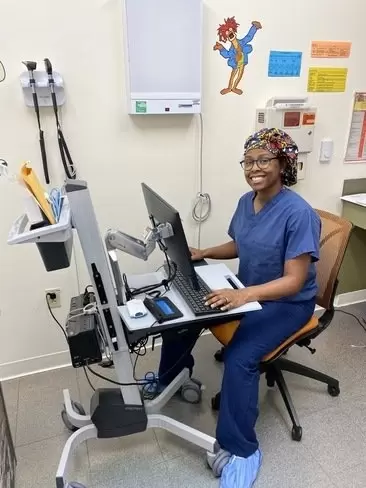
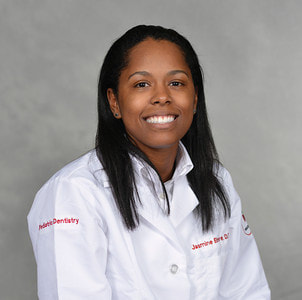

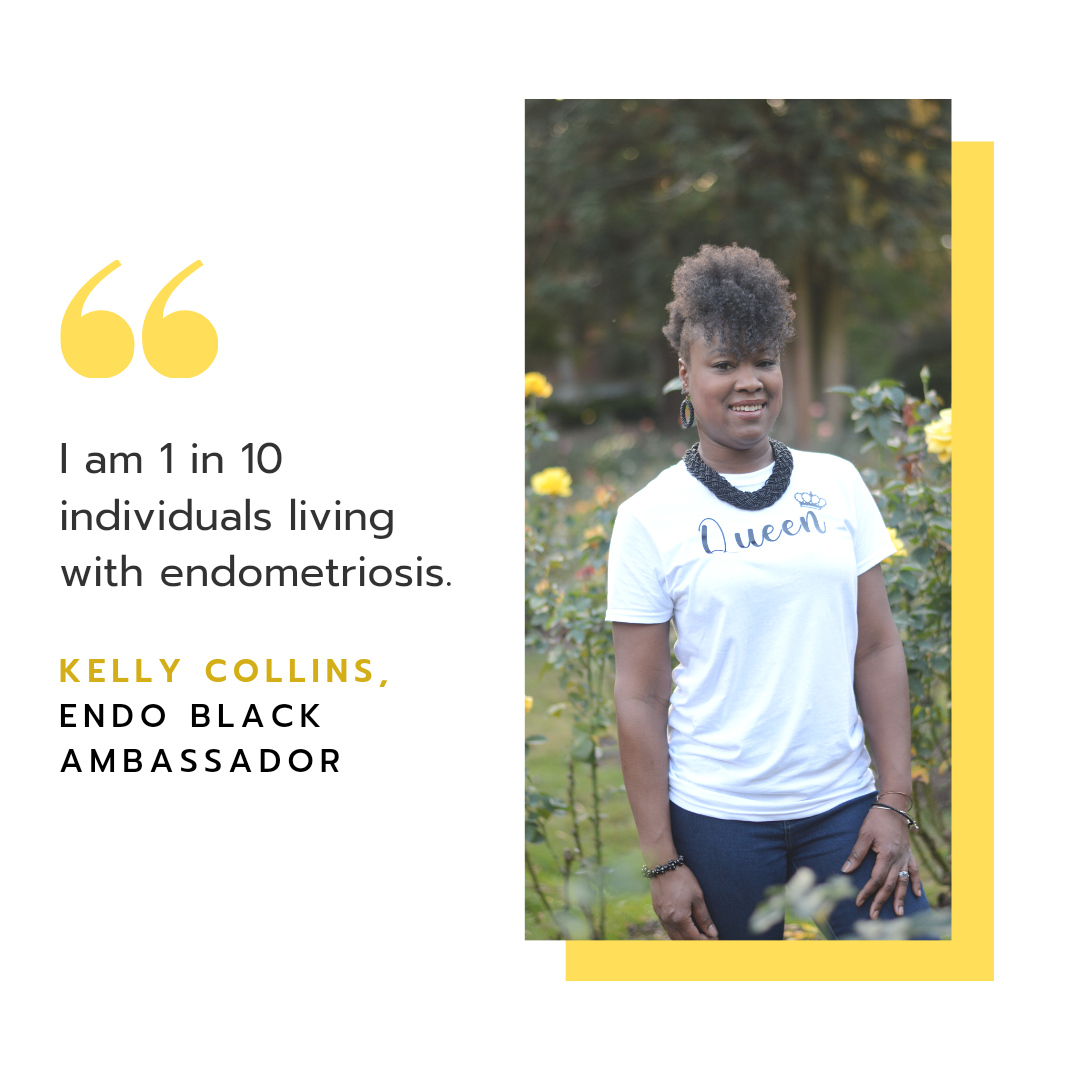
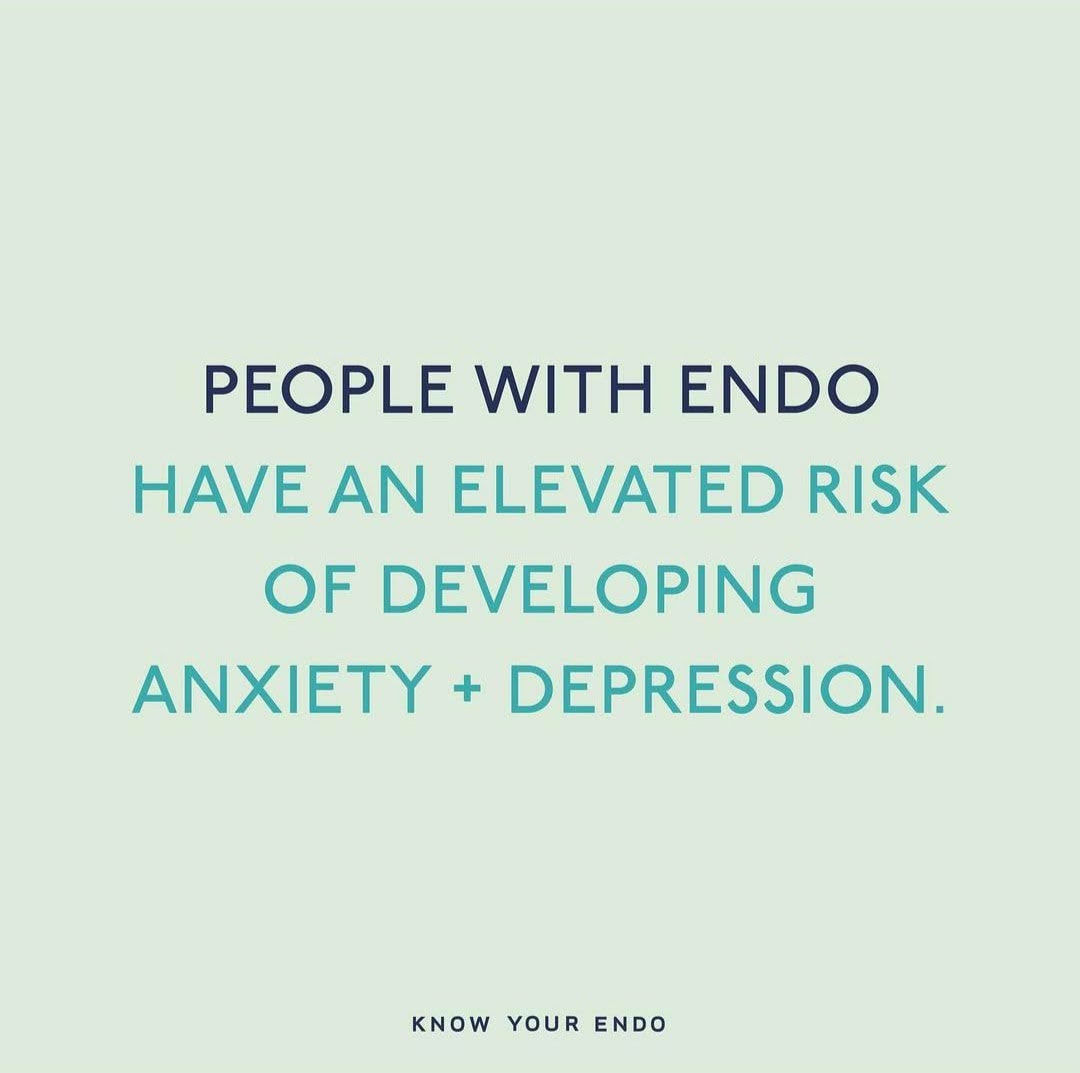

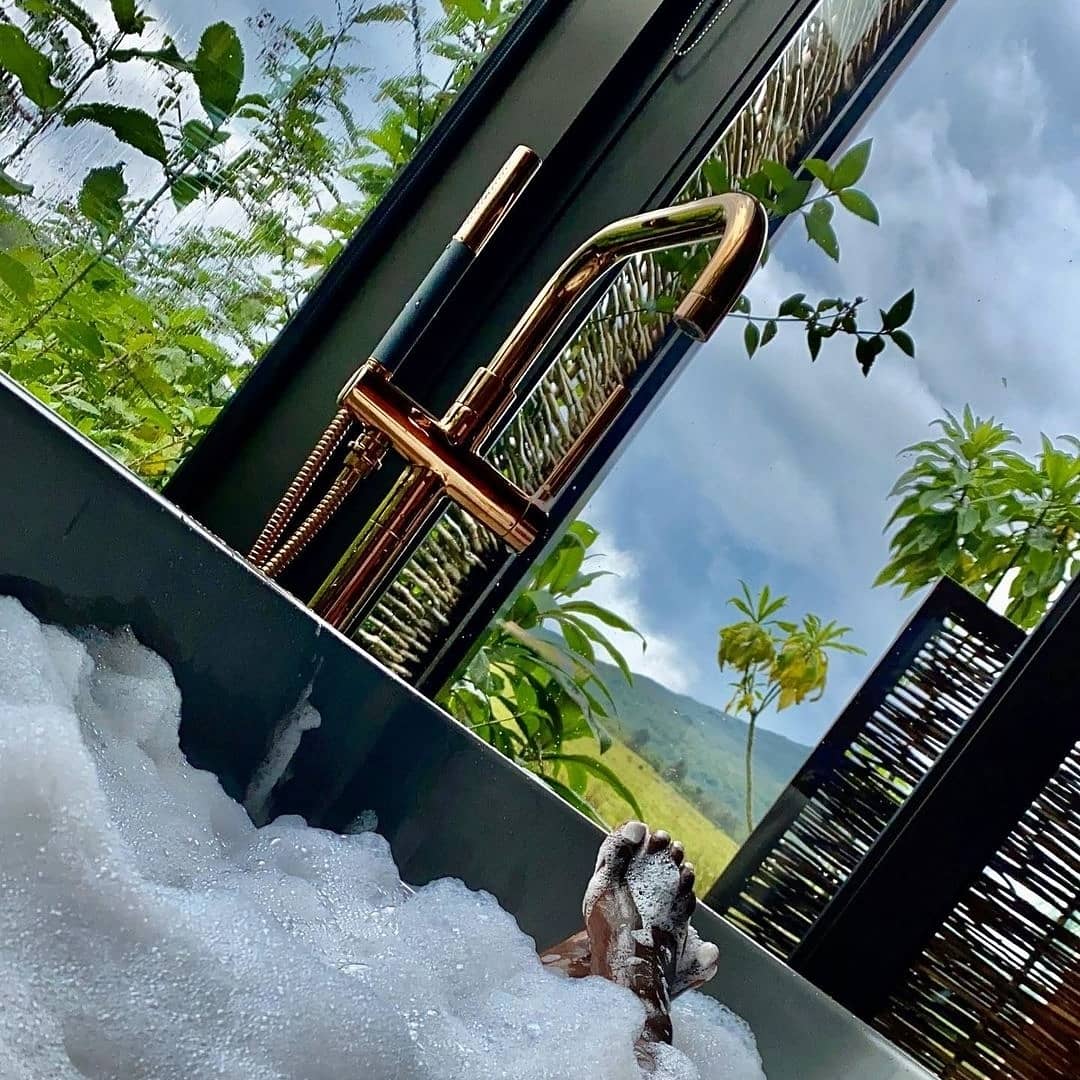

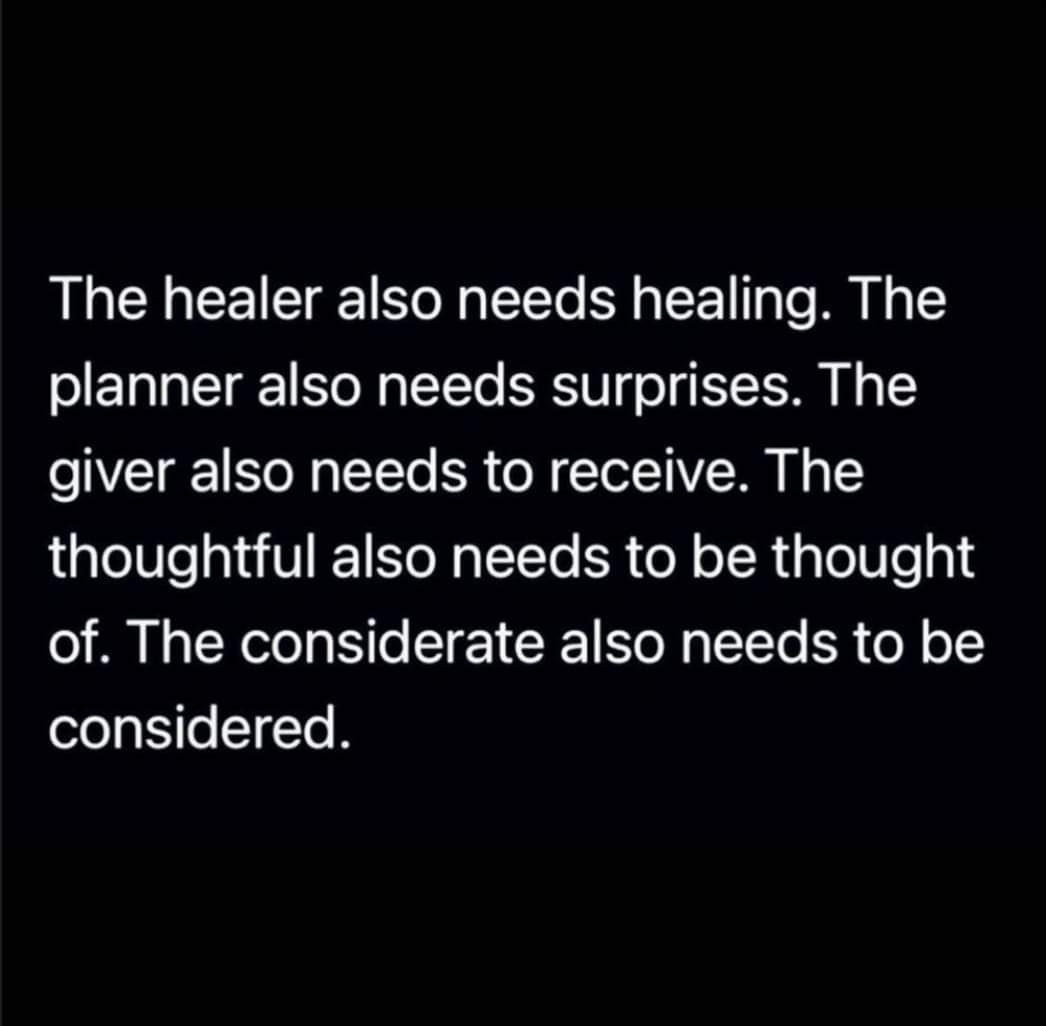
 RSS Feed
RSS Feed